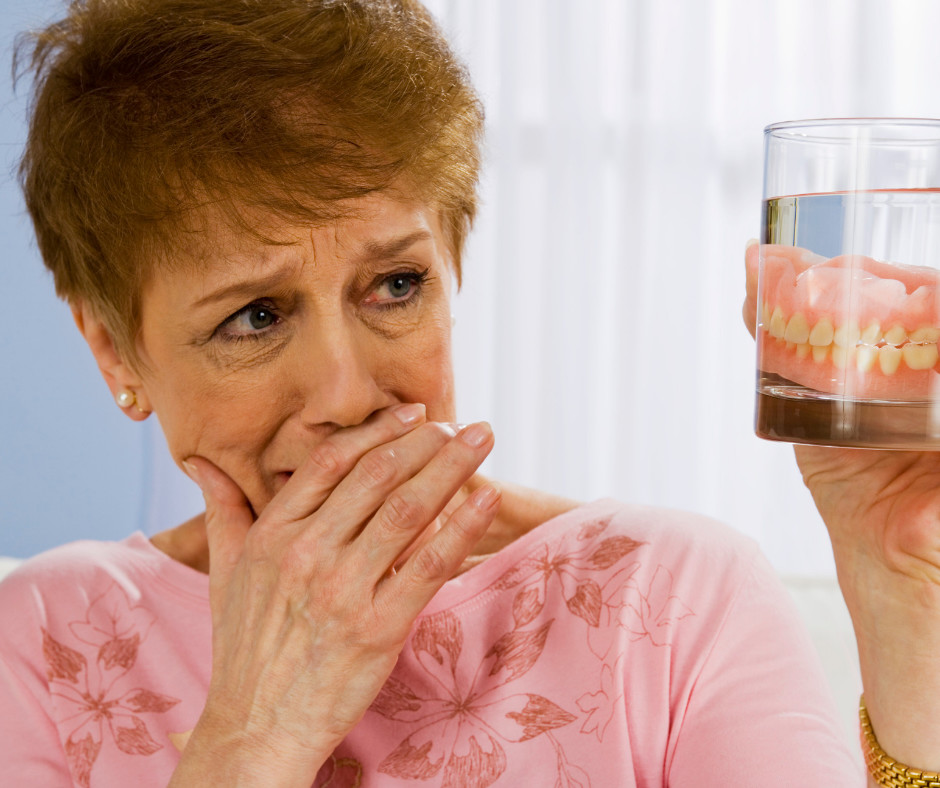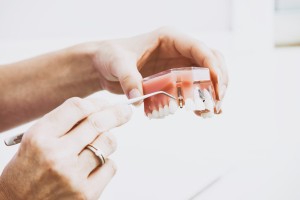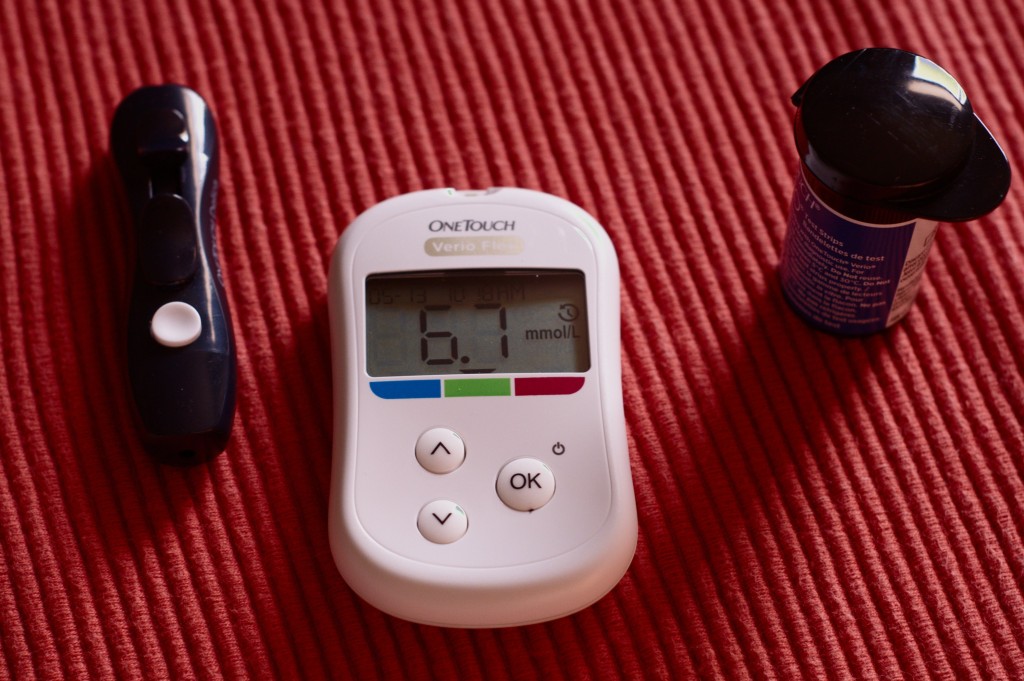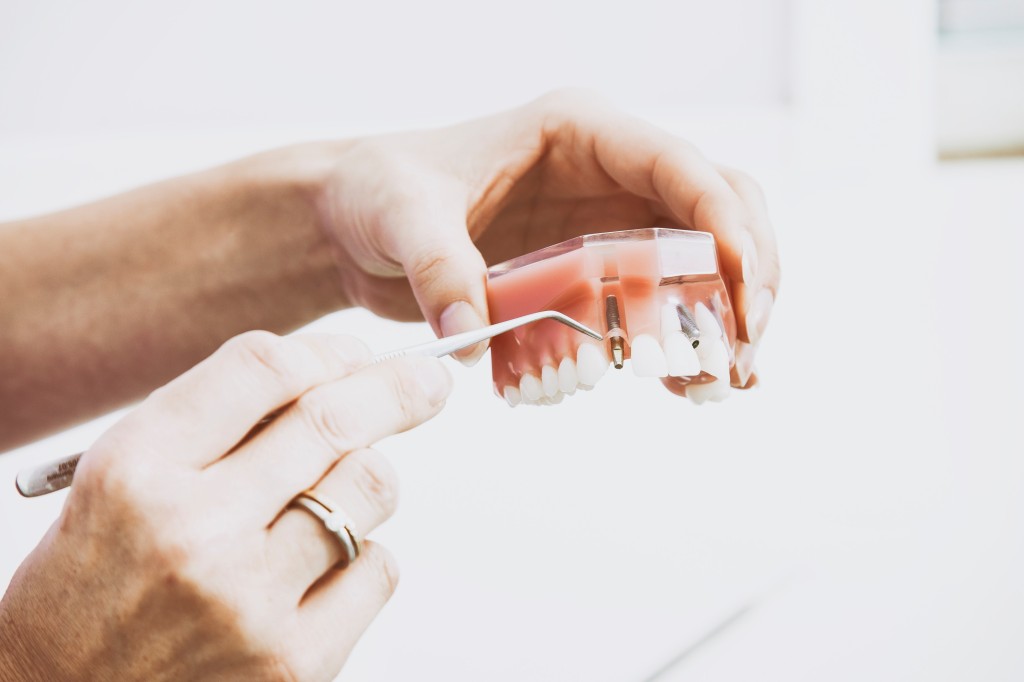Here at Classic Denture Center, your denturist in Portland OR is constantly working to educate you on your oral health. One major part of keeping those pearly whites healthy is keeping up with your hygiene.
It might seem surprising but research consistently shows that those who wear dentures are at a higher risk for developing infections in their mouth than those who do not wear dentures. Even more surprising is the fact that the majority of those who wear dentures will eventually be infected as time moves on. Infection can be detrimental to hygiene and oral health.
Here are just a few types of bacteria that frequently colonize on dentures:
- Candida Albicans
- Streptococcus
- Staphylococcus
- Actinomyces
While bacteria is everywhere and is not always dangerous, when it comes to your mouth, the above infections can lead to Oral Thrush, Stomatitis and Pneumonia. Each of these is so common that millions of people are infected each year.
The symptoms of an oral infection are:
- Redness
- Discomfort
- White tongue
- Loss of taste
Most people who have the beginning stages of oral infections may not even know that they are sick because the symptoms can be so mild.
What puts you at a greater risk for oral infection?
Things like your age, the medication you are taking, illnesses you might have, and your personal habits can make you much more prone to an oral infection. This is especially true when you use your dentures beyond the recommended replacement time and those who do not clean them properly. In some cases, medications can further exacerbate your oral condition by causing dry mouth and other conditions.
A major issue we see is that many of these infections are left untreated due to a variety of factors… Maybe you are not aware that your symptoms are pointing to a problem, or maybe you regularly visit the drugstore, not a dental professional. Either way, we at Classic Denture Center take pride in educating our patients about the hygienic risks associated with the regular use of oral appliances.
A reminder from your denturist
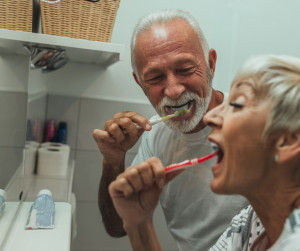
One of the most common problems we see is that many patients do not know or forget that toothpaste is much too abrasive for removable oral appliances! It might seem harmless to brush your dentures, partial dentures, mouth guards, or snoring devices with a toothbrush and toothpaste, but it can damage them more than you realize. The bristles can cause microscopic scratches, leading to a visible difference in shine, finish, and color… but even worse, these scratches become the perfect breeding ground for dangerous pathogens.
To fight back against infection and keep your oral appliances in tip-top shape, your denturist in Portland OR recommends properly cleaning them, your mouth, and your gums regularly. A soft toothbrush used with a low-abrasive denture gum paste or any antibacterial soap is best! If you need suggestions, please feel free to contact our office! We are happy to help you every step of the way.
*Major brand denture cleansers can only claim to kill “odor-causing bacteria”, and do nothing to prevent recurring diseases from infected dentures. Doctor Lorin Berland, DDS developed Cleanadent Crystals, a soak cleanser that instantly kills Candida, Strep, Staph, and Actinomyces without harmful chemicals like bleach or chlorine.
